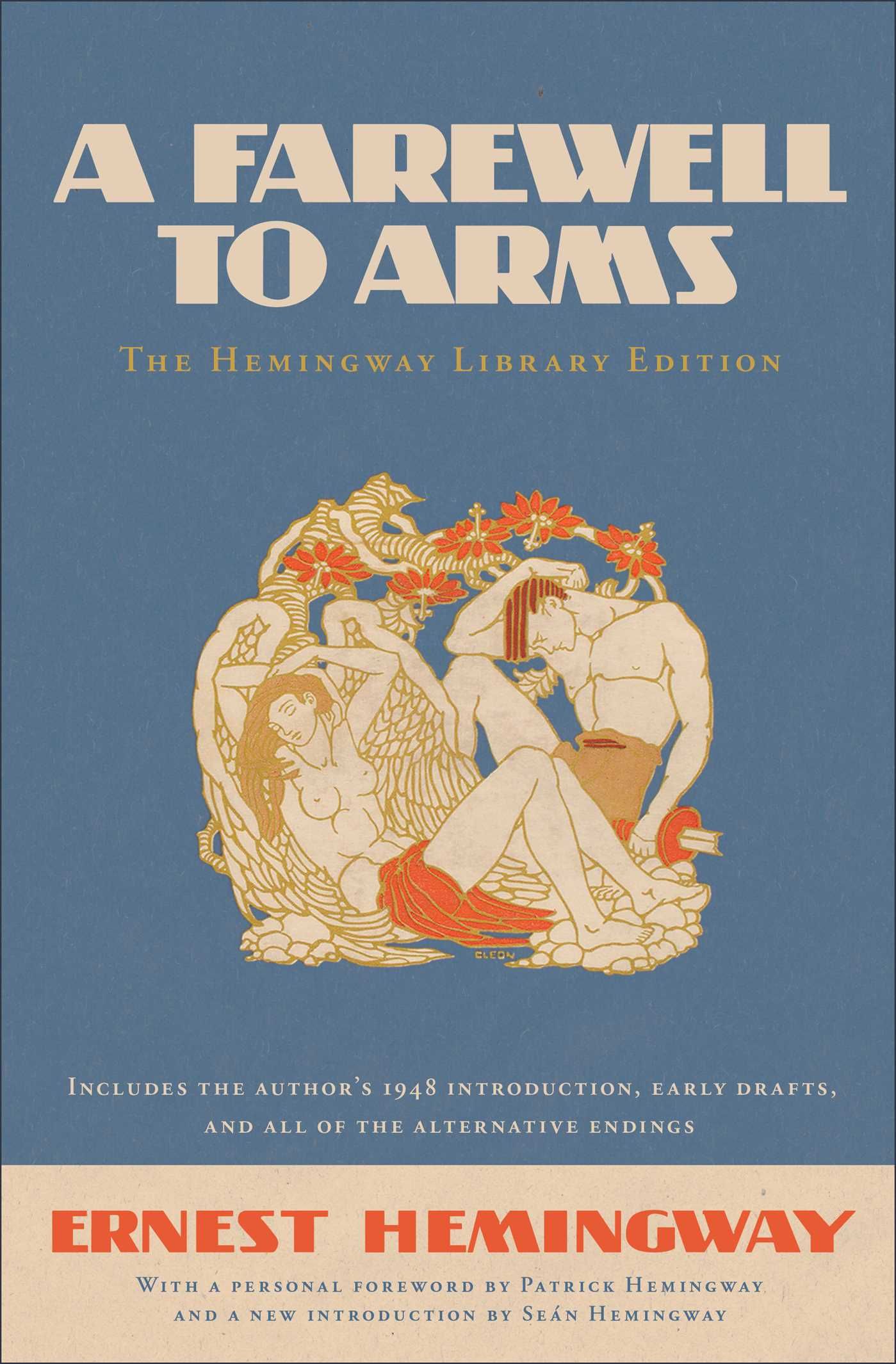Synopsis
A Farewell to Arms by Ernest Hemingway is a novel set against the backdrop of World War I, exploring themes of love, loss, and the futility of war.
The story follows Frederic Henry, an American ambulance driver serving in the Italian army. Amid the chaos of war, Frederic falls in love with Catherine Barkley, a British nurse. Their romance blossoms despite the hardships surrounding them, offering a fragile sanctuary in a world dominated by violence and despair.
As the war intensifies, Frederic is injured and sent to a hospital in Milan, where his relationship with Catherine deepens. They dream of a peaceful life together, but the relentless tide of war makes escape difficult. After Frederic deserts the army following a chaotic retreat, the couple flees to neutral Switzerland, hoping to start anew.
Tragedy strikes when Catherine dies in childbirth, leaving Frederic alone, devastated, and disillusioned. The novel ends on a stark and sombre note, reflecting the brutal realities of war and the fragility of human connections in the face of uncontrollable forces.
Through its spare, unflinching prose, Hemingway captures the heartbreak of love and the senseless destruction of war, making A Farewell to Arms one of his most enduring works.
My Notes
What an ending. It hit me like a ton of bricks. Brutal. Death comes. And comes again. You walk in the rain, and life goes on. That’s it.
Hemingway doesn’t sugar-coat anything, and it just leaves you staring at the page for a while, trying to take it in.
I really like his writing. The dialogue especially — it’s so quick and fresh, like a real conversation. It’s the kind of thing you can see Bukowski pulling from in his own style (the words go bim bim bim!).
I also noticed how Hemingway skips commas and just uses “and” over and over. It gives the writing this fast, rolling pace that feels alive and natural, like it’s all happening in the moment.
The story itself kept me hooked. War, surviving war, not really knowing what you’re doing but just figuring out a way through it all.
And then there’s love — love during war, being young, and just going for it, no matter what’s happening around you. That feeling of wanting to live and love fully, even when everything could fall apart at any second.
Catherine was such an interesting character. She felt so different from how I think of women today. It was like stepping into Hemingway’s idea of a woman from that time — this mix of strength and loneliness, always keeping up appearances, no matter what. Even at the end, she held onto that. It’s crazy to think about what women like her must have gone through, always carrying so much.
This book left me feeling a lot of things. It’s raw, it’s intense, and it’s going to stick with me. Definitely something I’ll come back to again someday.
